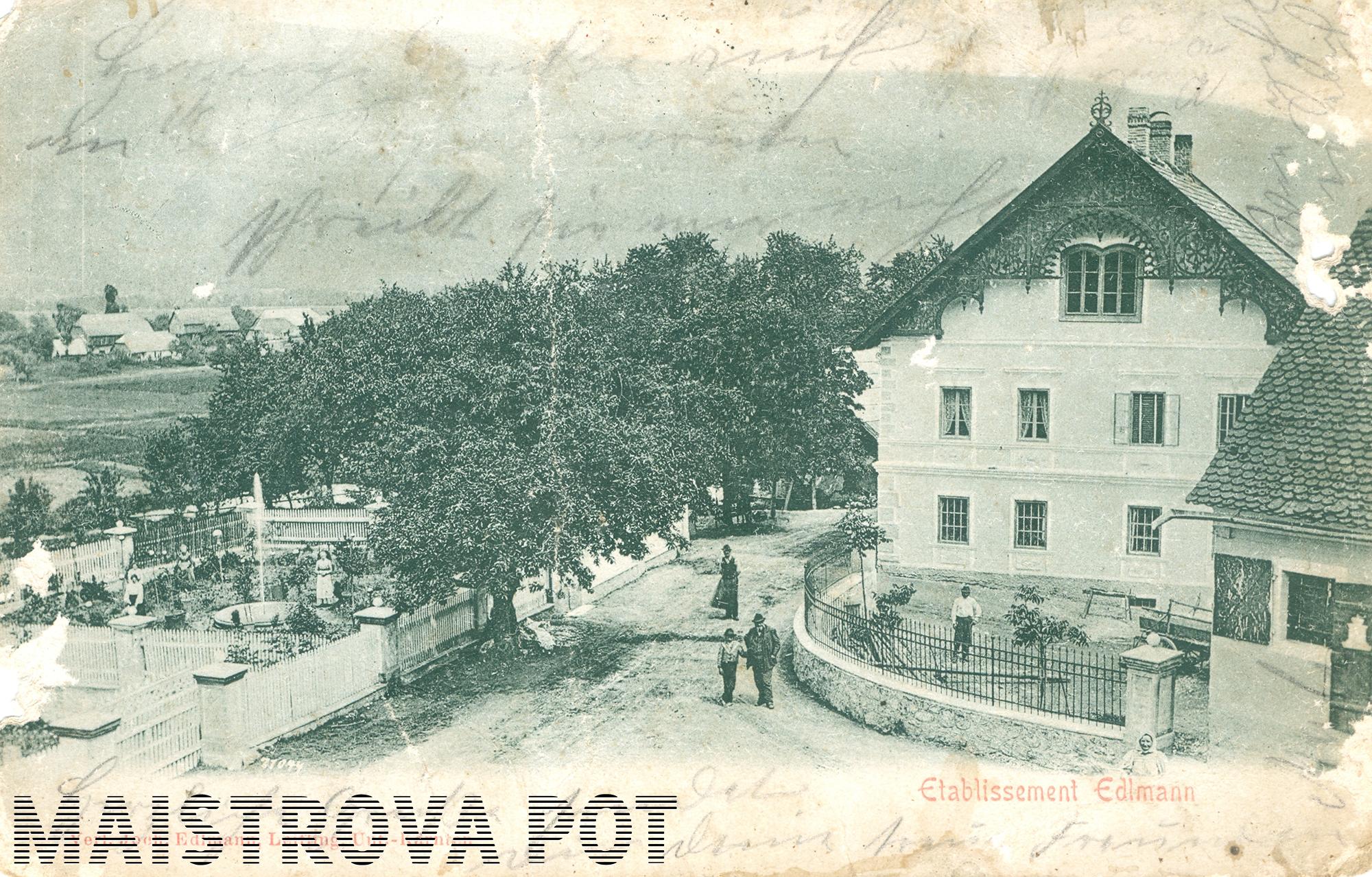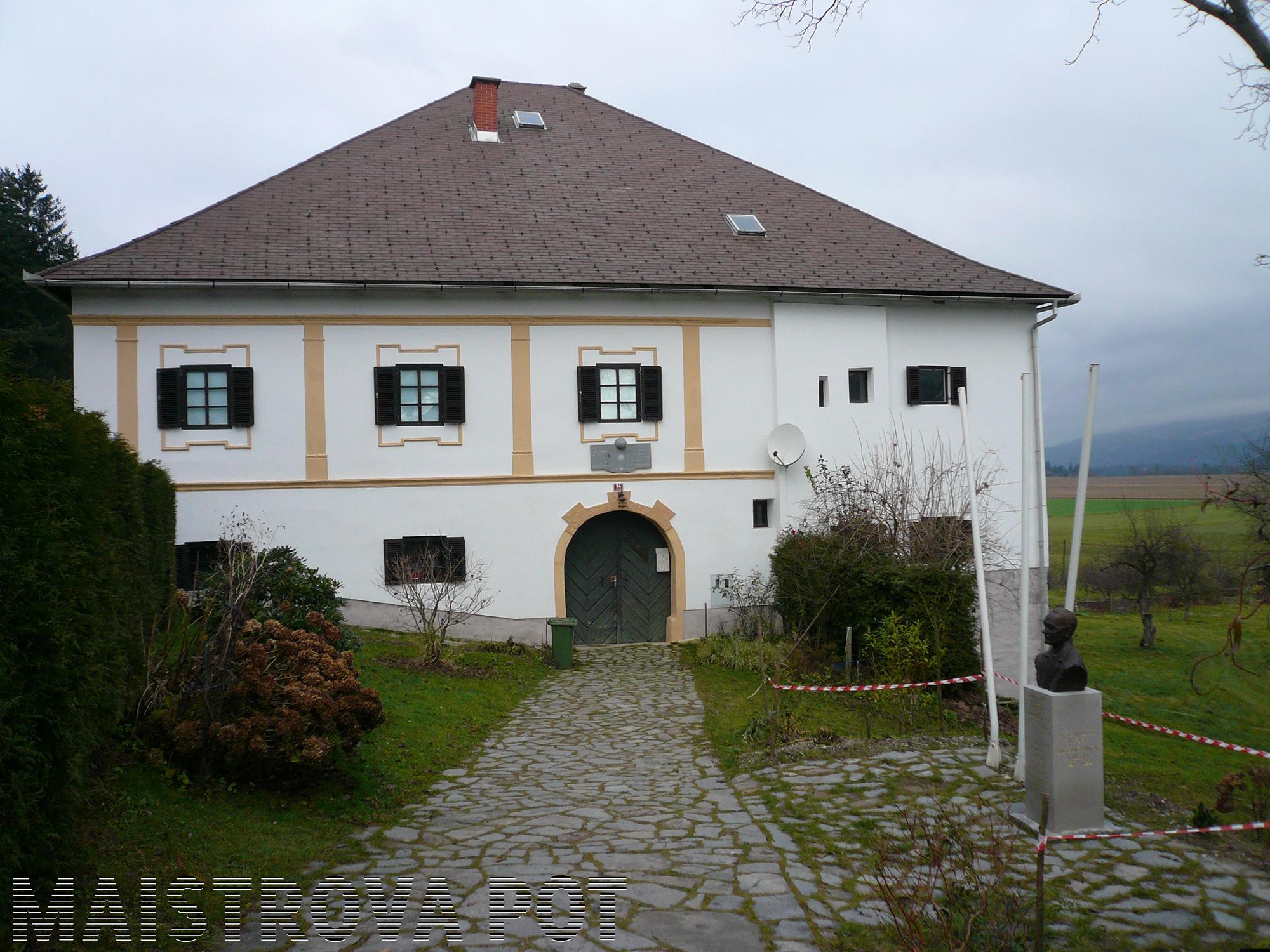Libeliče
After the occupation of the Mežica Valley in November 1918, Lieutenant Franjo Malgaj, in coordination with General Rudolf Maister, occupied Pliberk and Velikovec. At the beginning of December, Maister, with the help of Ljubljana infantry units, occupied Dravograd, Labot, Grebinj, Mali Št. Vid ob Krki, Tinje and Št. Pavel and reinforced the units at Muta and Marenberg, where he had 12 German inhabitants taken to Maribor as hostages towards the end of 1918. The border command for Eastern Carinthia was soon established and Maister was thereafter in command only in Styria.
On 5 May 1919, after consulting with Colonel Milan Bleiweis in Dravograd, General Maister again took temporary command of the Slovenian troops, who were retreating during the April-May offensive due to the penetration of Austrian forces. The border command for Eastern Carinthia was abolished and General Maister regained command in the area.
In the offensive of the Yugoslav forces from 28 May to 6 June 1919, General Maister commanded the Labot detachment. Their starting position was in the upper part of the Drava Valley. His task was to capture Dravograd and Labot and to penetrate through the territory on the left bank of the Drava. He carried it out successfully together with the neighbouring Carinthian detachment – Battle for the borders – Carinthia.
After the fighting ended, Libeliče became part of the plebiscite Zone A. Even though 57% of the population voted for Yugoslavia in the plebiscite on October 10, 1920, Libeliče fell under Austria. Nationally conscious locals did not accept this turn of events. They started persistent campaigns to redraw the border. They were aided by the fact that the border had not yet been finally determined and that Libeliče native Rudolf Mencin was a member of the boundary demarcation commission. In 1922, Libeliče finally became a part of Yugoslavia. The permanent collection in the parish of Libeliče describes this period.

